
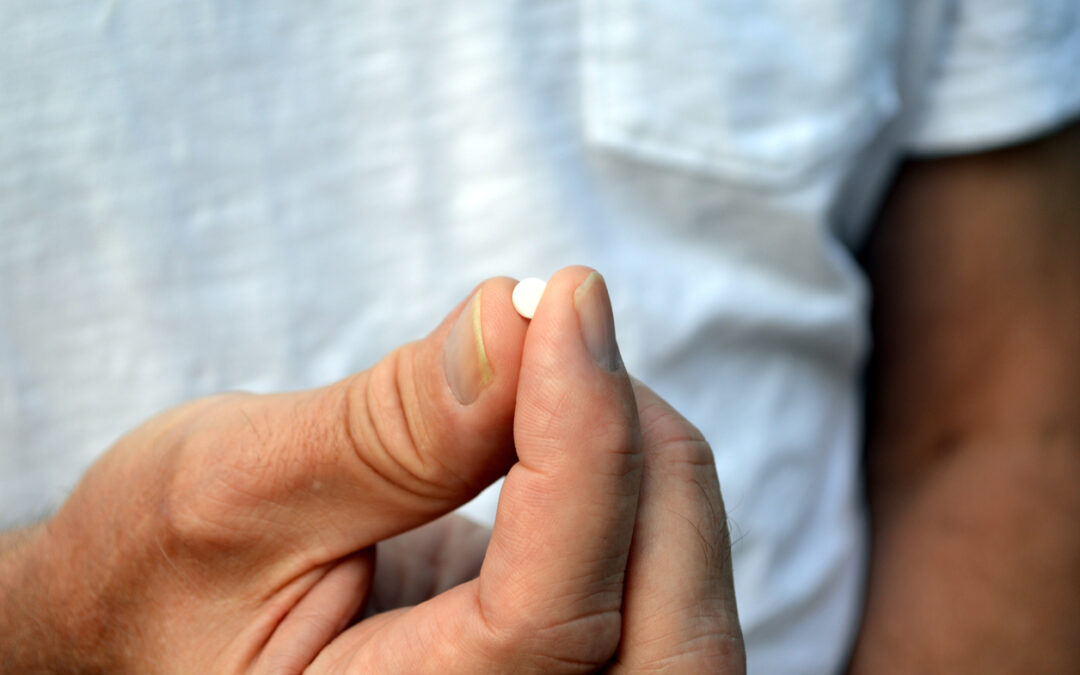
Small Step #30. Prioritize Sleep (Sometimes) with Melatonin
Our bodies naturally produce melatonin in response to the increasing darkness in the evening; it’s the hormone that signals to the body that bedtime is nearing. Sometimes when we spend too much time in front of our computer or television screens, their artificial light interferes with our biological clocks.

Small Step #29. Prioritize Sleep with Sunshine!
Did you know spending time outside, especially in the morning, helps our body’s circadian rhythm set itself to the sunrise/sunset patterns of the day?

Small Step #28. Prioritize Sleep: Darkness!
Once I added black out curtains to block the outside light, the outdoor distractions went away and I was able to fall—and stay– asleep more soundly.
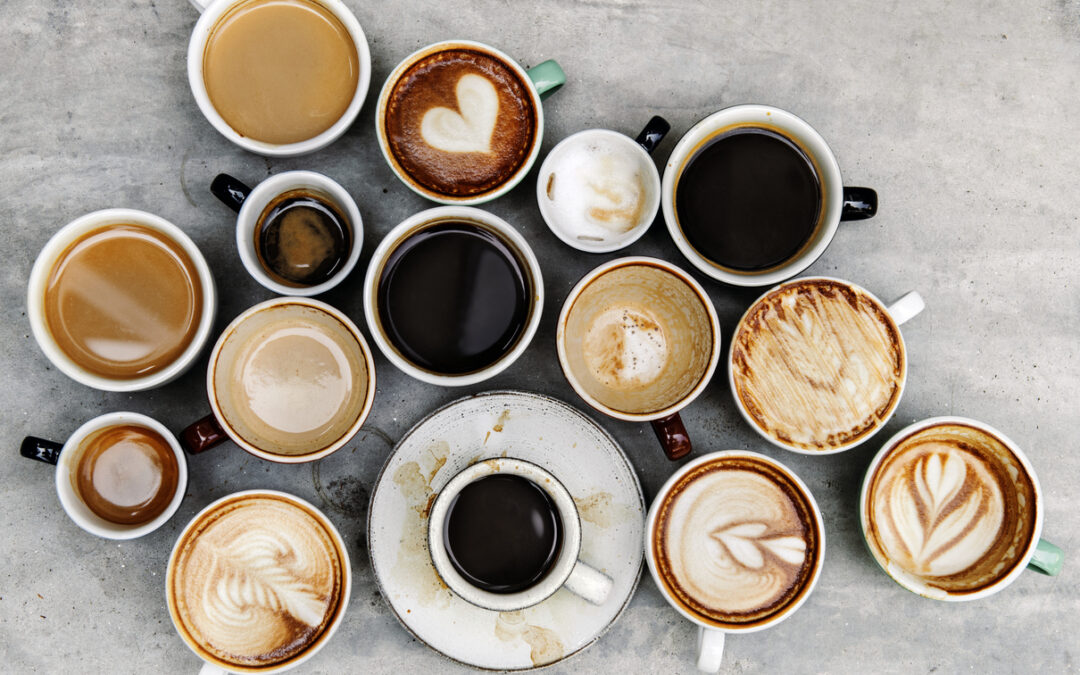
Small Step #27. Prioritize Sleep by Limiting Caffeine
Let me be clear: I love to drink coffee. But when I began to suspect my 4PM coffee-pick-me-up habit was interfering with my ability to fall asleep when bedtime rolled around, I nixed it from my routine.
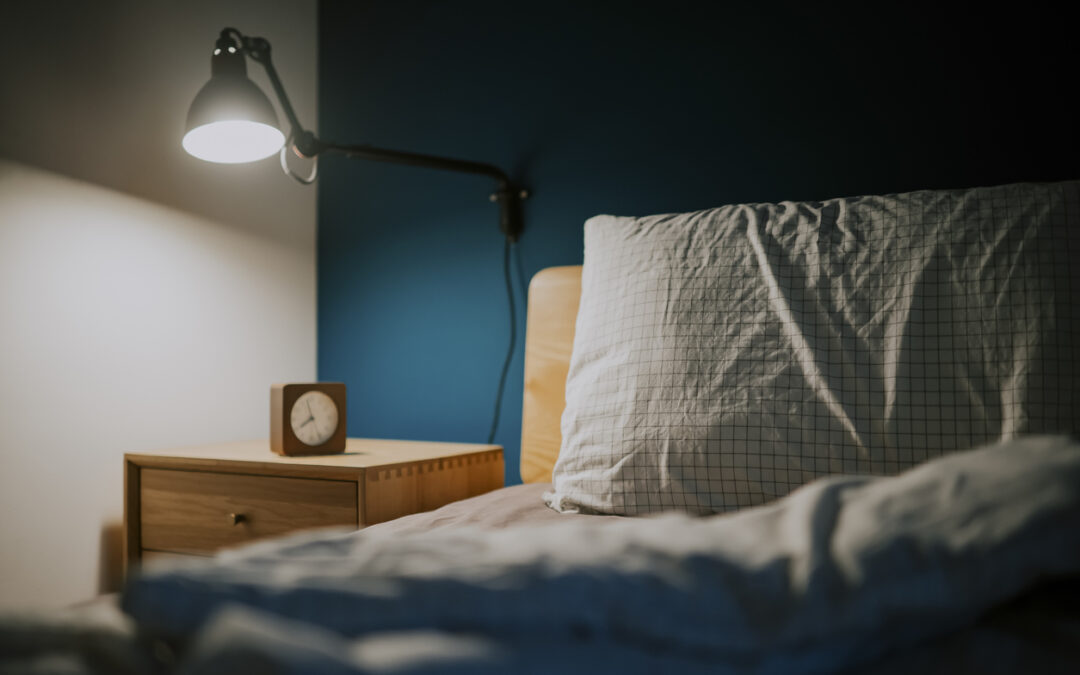
Small Step #26. Prioritize Sleep
The National Sleep Foundation refers to sleep as an “essential function” and cautions that chronic sleep deprivation can lead to a number of health issues including obesity, type 2 diabetes, high blood pressure, heart disease, stroke, poor mental health, and even early death. The bottom line is that getting good sleep is important and when events like the recent time change disrupt our usual sleep routines, we need to pay special attention to getting ourselves back on track.

Small Step #25. Limit Snacks
Turns out, constant snacking might not be a great thing for the reasons discussed in the prior post about intermittent fasting. Studies show that the more the body has to work on digesting, the less time it has to perform its necessary maintenance and repair functions. When the body doesn’t address cellular issues, breakdowns occur.
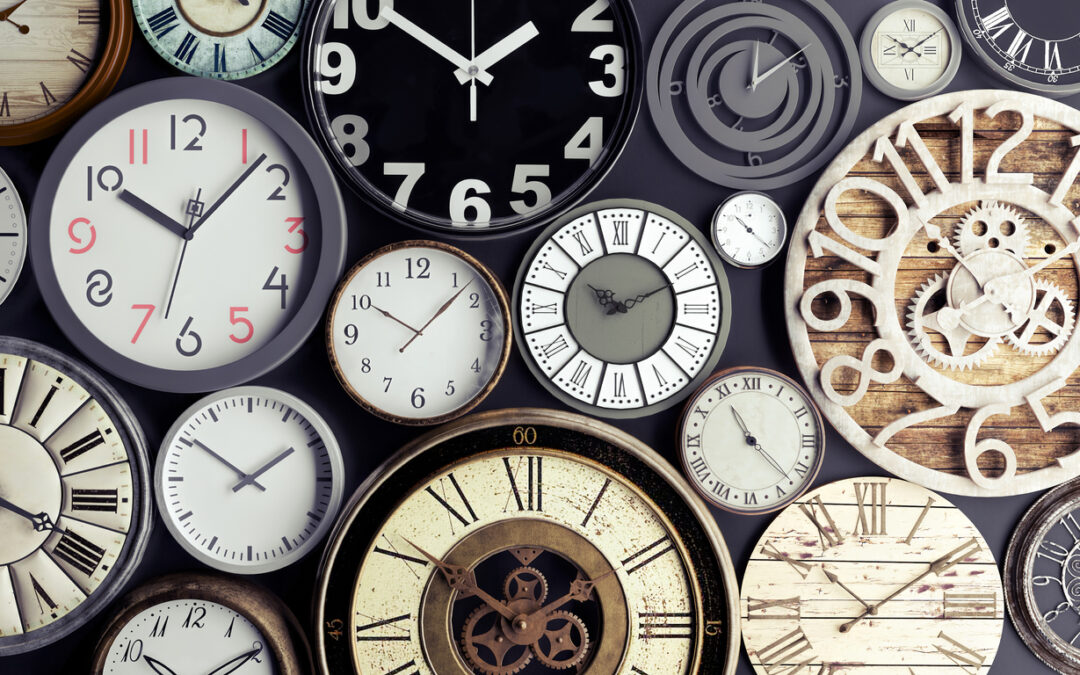
Small Step #24. Follow the 12 Hour Rule of Eating
Apparently, studies show giving your body breaks between eating allows it more time to rest from the energy-consuming tasks of the digestive functions. Digesting food requires lots of energy and attention from your cells. When it doesn’t have to do all the work of digesting, your body can do other things it needs to do, like rest and repair which also require a great deal of energy.
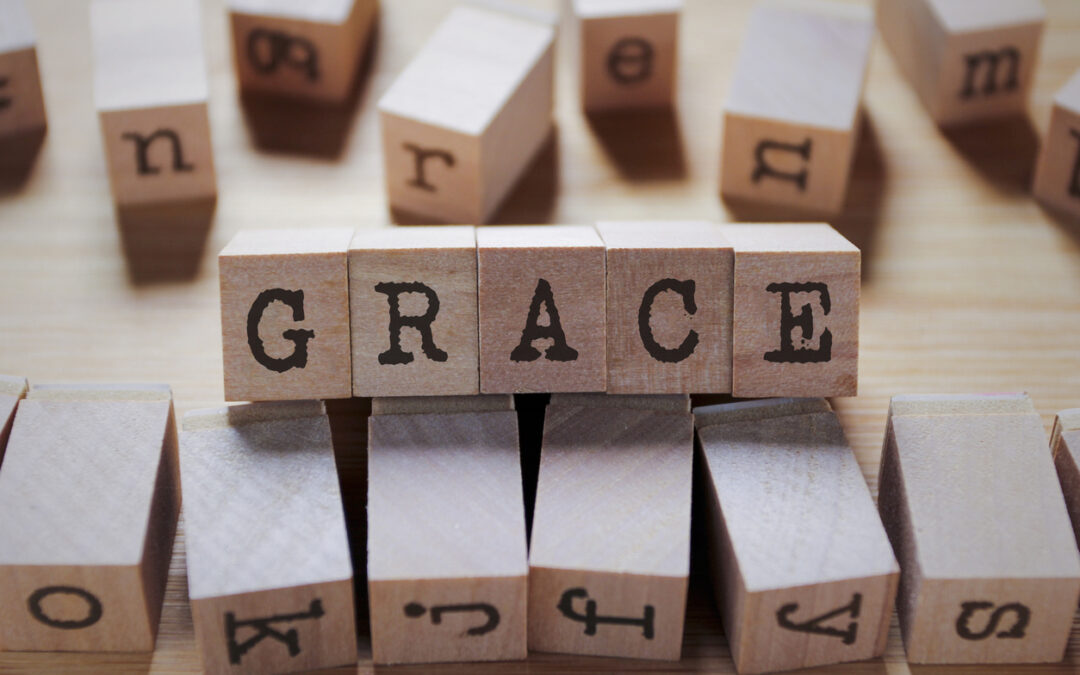
Small Step #23. Give Yourself (and others) Grace
Enter Grace. Literally, Saving Grace. Being a Christian, “Grace” is supposed to be an important word in my lexicon, but to be honest, I am just beginning to understand it and its magnitude.

Small Step 22. Celebrate Your Wins!
Take time to congratulate yourself and commemorate the event. You can write it on the calendar, check the box on your exercise journal or food tracker, or even give yourself a Facebook shoutout if you’re feeling it. This life is yours; claim its events as newsworthy and revel in your own glorious headlines.
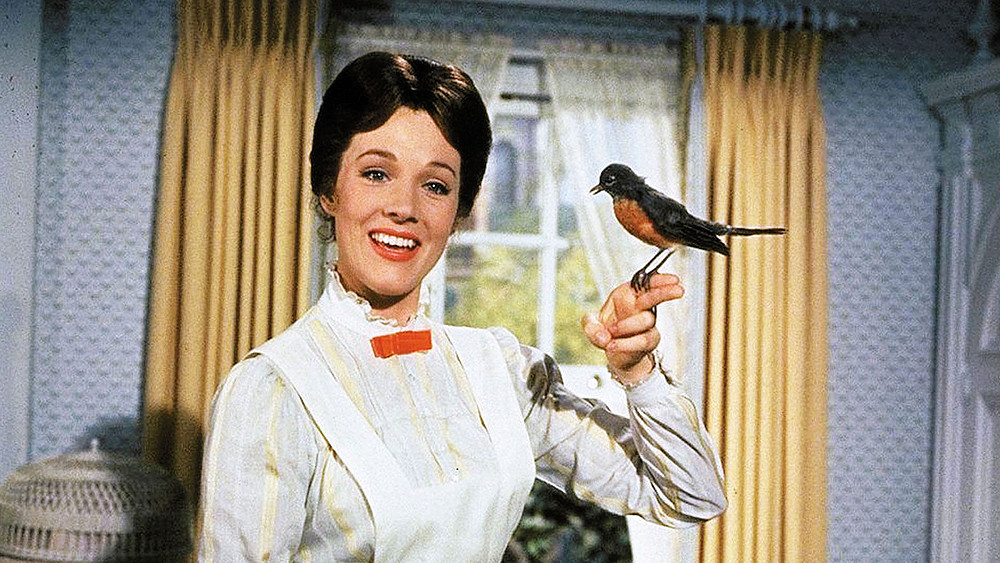
Small Step #21. Make it Fun.
I’m not here to tell you that getting healthy is an easy undertaking, but I will say that if you practice a little Mary Poppins theology, this will work a whole lot better for you.
